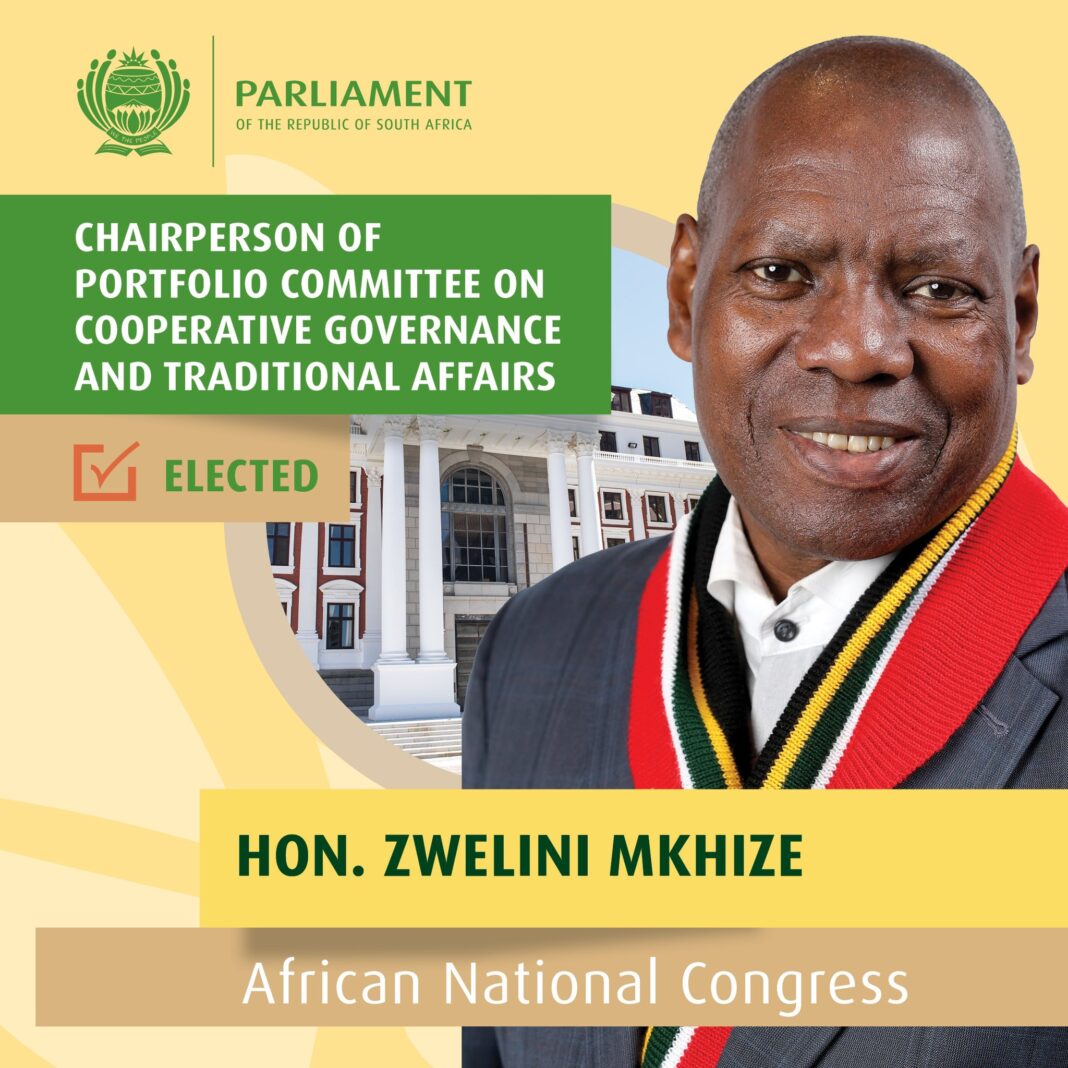By Thapelo Molefe
The Portfolio Committee on Cooperative Governance and Traditional Affairs has pledged to take decisive action to prevent the unnecessary deaths of initiates, following a meeting with traditional leaders and government officials.
Committee chairperson Zweli Mkhize emphasised the need for collective responsibility and accountability to address the persistent problem of initiate deaths, particularly in the Eastern Cape.
“The deaths of initiates are unacceptable and must be stopped. We need to bring this matter to closure,” Mkhize said this week.
“The core objective remains the same: to ensure the safety and well-being of initiates. We need to work together to prevent these unnecessary deaths, which are largely caused by negligence and can be prevented.”
The meeting highlighted the complexity of the issue, citing variations in customary practices across different regions. However, Mkhize stressed that legislative amendments to empower local traditional leaders were crucial.
“There has to be an understanding that it’s the same custom, but it’s got variations, and that must be included in the law so that there is no sense of uniform application that needs to be taken care of.
“You cannot go and impose the practices of the Eastern Cape amaXhosa to amaNdebele of Mpumalanga,” he said.
A total of 32 initiation deaths were recorded in legal and illegal initiation schools throughout the country during this winter season. The highest number of deaths (44%) were from the Eastern Cape with 14 deaths. Nine deaths were recorded in illegal initiation schools and five in legal schools.
Mkhize said traditional leaders have to identify gaps in the law that hinder their ability to stop negligence and initiate deaths.
He added that they needed to empower traditional leaders to take responsibility and hold traditional practitioners accountable irrespective of the cooperation of parents and the community.
Key outcomes of the meeting included plans for enhanced engagement with traditional structures, increased resources and support for the Eastern Cape, standardised terminology in the Eastern Cape Initiation Act and involvement of women in the initiation process.
“When you listen to Amakhosi talking here, and you listen to everybody talking, the Eastern Cape needs a lot of support,” Mkhize said.
“So, we need to actually discuss the issue of the resources to deal with this matter. The question of whether it’s health or traditional affairs, we can leave that as an internal matter. But the fact that there are problems that need attention, I think we need to be saying, all of us, give more resources for the Eastern Cape to fight the death of initiates.”
Mkhize expressed his gratitude to traditional leaders and government officials for their contributions, stressing the importance of collective action.
“We need to work together to improve communication, enforcement and oversight,” he said.
Department of Traditional Affairs Deputy Director-General Shoki Mogaladi added her perspective to the issue, saying that despite the Customary Initiation Act stipulating safety and health measures to prevent deaths, they were not adhered to.
Mogaladi also emphasised the need for awareness campaigns.
“We are of the view that awareness campaigns are still needed… We think awareness campaigns are still necessary because when we are doing these campaigns from the communities, we could see that they start understanding,” she said.
The committee has vowed to work with stakeholders to implement necessary changes and promote the safe continuation of customary practices.
With the government’s commitment to ending initiate deaths, hopes are high that this persistent problem will soon be a thing of the past.
INSIDE POLITICS

